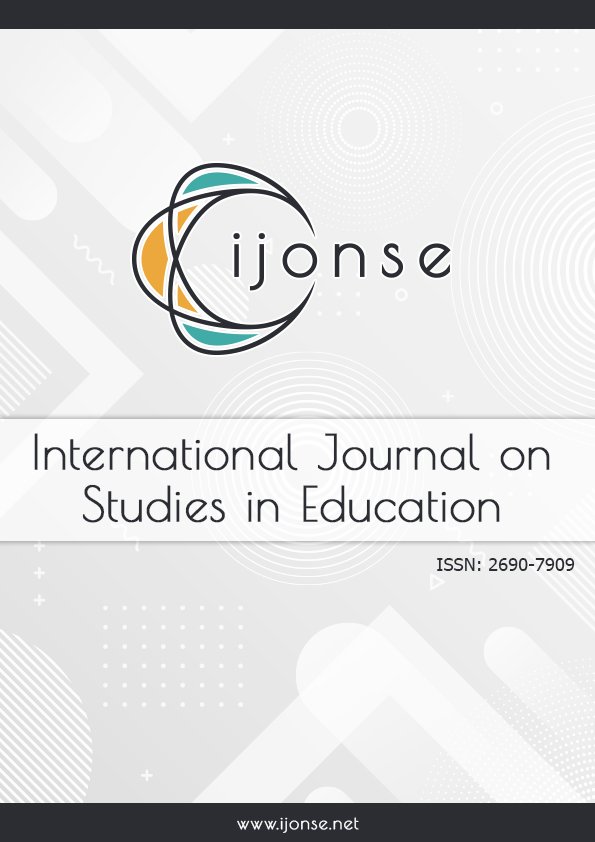Teachers’ Perspectives on Chatbots and AI Agents in Primary and Secondary Education
DOI:
https://doi.org/10.46328/ijonse.352Keywords:
AI agents, Chatbots, AI in education, Teachers' attitudes, SerbiaAbstract
The integration of AI tools in education is gaining momentum, yet research in Serbia remains largely limited to descriptive analyses, lacking in-depth statistical examination of factors influencing AI adoption among teachers. This study addresses this gap by employing advanced statistical methods to explore the relationships between teachers’ familiarity with AI tools, perceived challenges, and attitudes toward AI in education. A sample of 135 primary and secondary school teachers in Serbia participated in the study, with data collected via an online survey and analyzed using exploratory factor analysis, correlation tests, and non-parametric statistical methods. The results confirm that greater AI familiarity is associated with more positive attitudes toward AI adoption, while heightened concerns about AI-related challenges reduce willingness to integrate AI into teaching. However, no significant correlation was found between AI familiarity and concerns, suggesting that perceived challenges stem from broader systemic and institutional factors rather than personal experience. These findings underscore the need for professional development initiatives alongside structural reforms to facilitate AI integration in Serbian education. Future research should further examine institutional barriers and policy frameworks to support the ethical and effective adoption of AI tools in teaching.References
Škobo, M. & Šović, M. (2025). Teachers’ perspectives on Chatbots and AI agents in primary and secondary education. International Journal on Studies in Education (IJonSE), 7(2), 410-442. https://doi.org/10.46328/ijonse.352
Downloads
Published
Issue
Section
License
Copyright (c) 2025 International Journal on Studies in Education

This work is licensed under a Creative Commons Attribution-NonCommercial-ShareAlike 4.0 International License.
Articles may be used for research, teaching, and private study purposes. Authors alone are responsible for the contents of their articles. The journal owns the copyright of the articles. The publisher shall not be liable for any loss, actions, claims, proceedings, demand, or costs or damages whatsoever or howsoever caused arising directly or indirectly in connection with or arising out of the use of the research material.
The author(s) of a manuscript agree that if the manuscript is accepted for publication in the International Journal on Studies in Education (IJonSE), the published article will be copyrighted using a Creative Commons “Attribution 4.0 International” license. This license allows others to freely copy, distribute, and display the copyrighted work, and derivative works based upon it, under certain specified conditions.
Authors are responsible for obtaining written permission to include any images or artwork for which they do not hold copyright in their articles, or to adapt any such images or artwork for inclusion in their articles. The copyright holder must be made explicitly aware that the image(s) or artwork will be made freely available online as part of the article under a Creative Commons “Attribution 4.0 International” license.

This work is licensed under a Creative Commons Attribution-NonCommercial-ShareAlike 4.0 International License.





